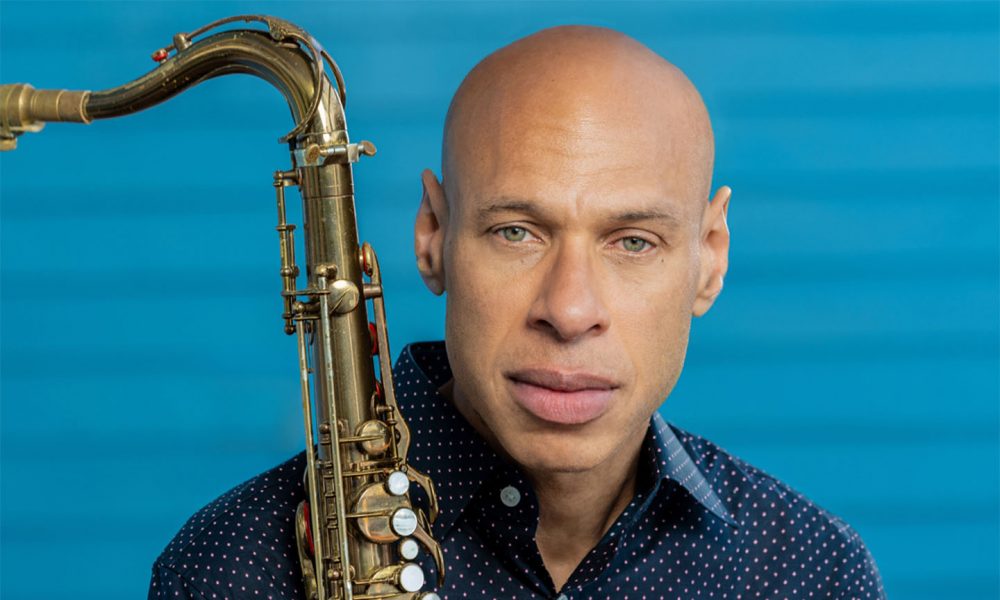Joshua Redman Reflects On ‘Where We Are’ On Compelling New Album
The acclaimed composer and saxophonist’s latest is out now on Blue Note.

Acclaimed saxophonist Joshua Redman’s Blue Note debut where are we is out now.
One of his most compelling albums to date, where are we is a spellbinding musical journey across the United States of America that also marks Redman’s first-ever vocal project with the dynamic young singer Gabrielle Cavassa featured throughout along with a brilliant band comprised of pianist Aaron Parks, bassist Joe Sanders, and drummer Brian Blade.
“The surface concept of where are we is rather simple,” says Redman. “Each of the songs on the album is about, or at least makes reference to, a specific geographical location (city or state or region) in the United States: Bruce Springsteen’s “Streets of Philadelphia,” Count Basie’s “Going To Chicago,” Rodgers & Hart’s “Manhattan,” John Coltrane’s “Alabama,” etc… So, on one level, this is an album ‘about’ America — at once a celebration and a critique.
“But it is also, to varying degrees, a ballads album, a standards album, an album of romantic longing, an album of social reflection, an album of melodic invention, an album of improvisational adventure, an album of mashups, perhaps even a tribute album of sorts.”
For added perspective, Redman invited four other friends to contribute to the portraits of their native cities: guitarists Kurt Rosenwinkel (“Streets of Philadelphia”) and Peter Bernstein (“Manhattan”), trumpeter Nicholas Payton (“Do You Know What It Means to Miss New Orleans?”), and Joel Ross (“Chicago Blues”). Conceived and planned during the pandemic lockdown, Redman says “it was a dream come true to finally have a chance to connect Aaron, Joe, and Brian — three of the most sublimely lyrical and deeply grooving musicians on the planet, who, somehow, had never before played together as a rhythm section.
“And it was a transformative experience to collaborate with Gabrielle — a vocalist of uncommon style, sincerity, and soul. This was my first time ever recording with a singer on one of my own projects; and I relished the challenge of discovering and inhabiting new musical roles for myself — not only as a featured soloist and ‘lead,’ but also as supportive accompanist and interlocutor.”
“The magic of this particular gathering of musicians,” Redman continues, “was that we were able to come together from points afar, to converge (physically and creatively) in a particular place at a particular time; and to embrace, with fullest imagination and without slightest reservation, the ethic of ‘serving the songs.’ In this sense, where are we is perhaps above all a meditation on the power and importance of place — the unique human beauty created when we locate ourselves in shared physical spaces together with others; the loss, anomie, and angst suffered when we divide ourselves unnaturally and unjustly apart.”












